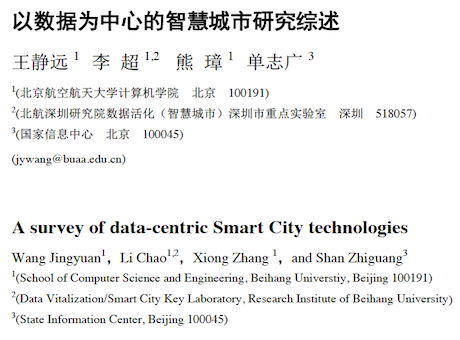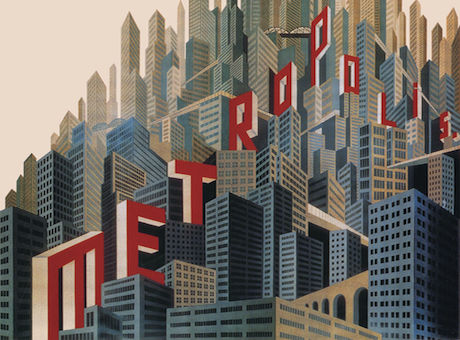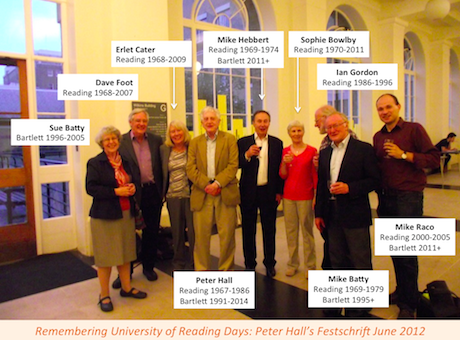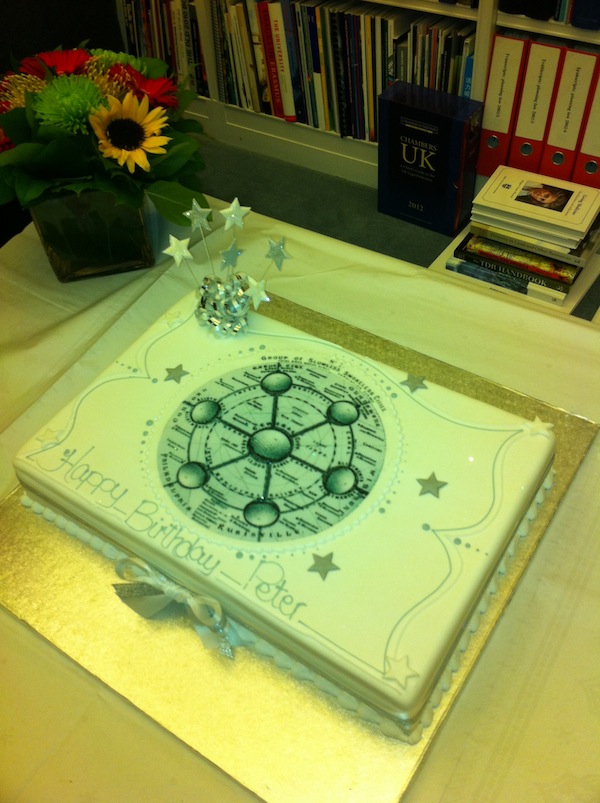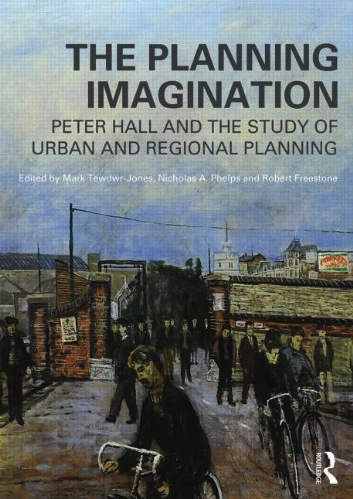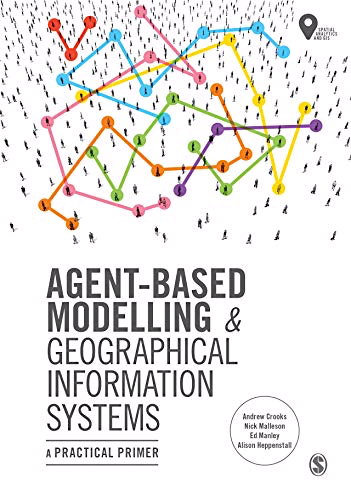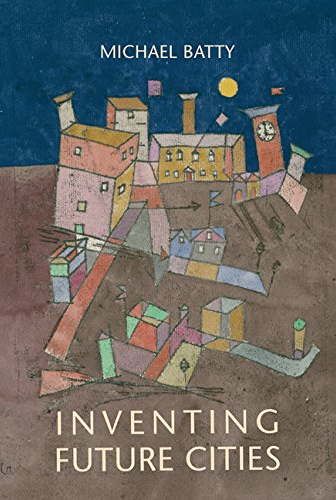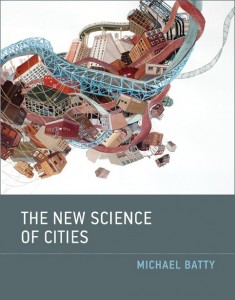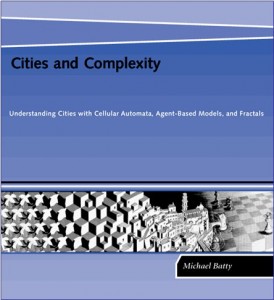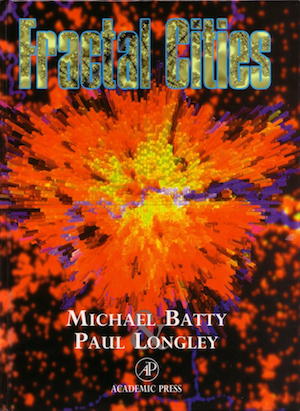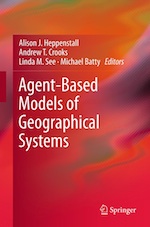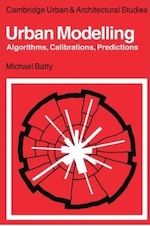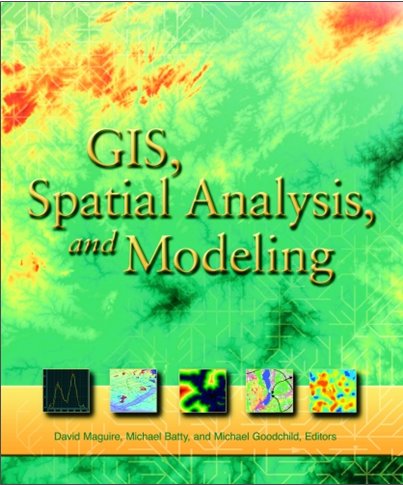The Beijing City Lab now contains nearly 50 papers on how the technologies that form a science of cities are being applied in China. There is an interesting paper by Wang Jingyuan on smart cities that is worth looking at. It is in Chinese and in preparation for the first lectures on our own Masters Course in Smart Cities that has several Chinese students, you can get the paper by clicking on the links here. There is also an interview with myself and one with the late Professor Sir Peter Hall. All good stuff and a valuable resources
About the Lab: taken from their web site: “The Beijing City Lab (BCL) is a virtual research community, dedicated to studying, but not limited to, China’s capital Beijing. The Lab focuses on employing interdisciplinary methods to quantify urban dynamics, generating new insights for urban planning and governance, and ultimately producing the science of cities required for sustainable urban development. The lab’s current mix of planners, architects, geographers, economists, and policy analysts lends unique research strength.”

